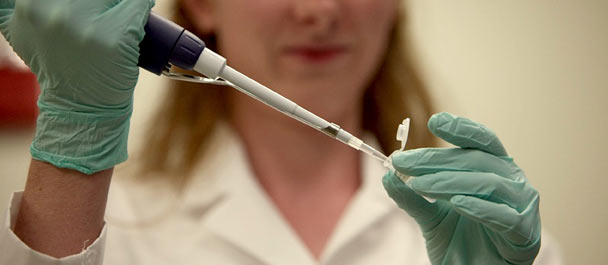
Massachusetts General Hospital //
MGH’s Martinos Biomedical Imaging Center is one of the world’s premier sites for performing neuroimaging research. The Center has the following systems:
MRI
- Two 1.5 T General Electric LX Excite platform whole-body MRI systems
- 1.5 T Siemens (Erlangen, Germany) Sonata 60 cm whole-body MRI
- Two 1.5 T Siemens Avanto system with 32 RF channel capability
- 1.5 T General Electric whole-body LX Signa CNV MRI for interventional cardiology
- Three 3 T Siemens TIM Trio whole body clinical MRIs
- 7.0 T Siemens TIM ultrahigh field human head-only MRI
- 9.4 Tesla Bruker/Magnex 21 cm horizontal bore animal MR scanner/spectrometer
- Oxford 4.7 Tesla 33 cm Laboratory Bruker/Oxford 33 cm horizontal bore animal MR scanner/spectrometer
- 14 Tesla Spectroscopy/Microscopy Laboratory Bruker/Magnex 8.9 cm vertical bore spectrometer/imager
PET
- GE PC 4096 PE tomograph
- Two Siemens PET systems
- Primate microPET, P4, Concord Microsystems, Inc.
- Super high-resolution rodent PET device
- Scanditronix MC 17F Cyclotron
MEG/EEG
- 306 channel Neuromag Vectorview with 128 EEG channels
- Imedco magnetically shielded room
Bruce Rosen, MD, Ph.D. – National Science Director for Mind Research Network
Dr. Rosen is Professor of Radiology and Health Sciences and Technology at the Harvard Medical School in Boston, and Director of the Athinoula A. Martinos Center for Biomedical Imaging at Massachusetts General Hospital, MIT, and the Harvard Medical School. He received a doctorate in medical physics from MIT and an MD from the Hahnemann Medical College in Philadelphia, and is board certified in Diagnostic Radiology. Dr. Rosen is recognized as an international leader in the development and utilization of physiological and functional magnetic resonance imaging (fMRI) techniques. His current research in magnetic resonance technique development includes the measurement of the hemodynamic and metabolic changes associated with brain activation and cerebrovascular insult, and how functional imaging tools can be applied to solve specific biological and clinical problems. His work also focuses on the fusion of MRI data with information from other modalities, including very high temporal resolution signals using magnetoencephalography (MEG), noninvasive optical imaging, and Positron Emission Tomography (PET). Dr. Rosen, a Gold Medal winner and Fellow of the International Society of Magnetic Resonance in Medicine, is author or coauthor of more than 250 peer-reviewed articles, book chapters, and reviews. He is associate editor of Human Brain Mapping and serves on the editorial boards of several scientific journals.

